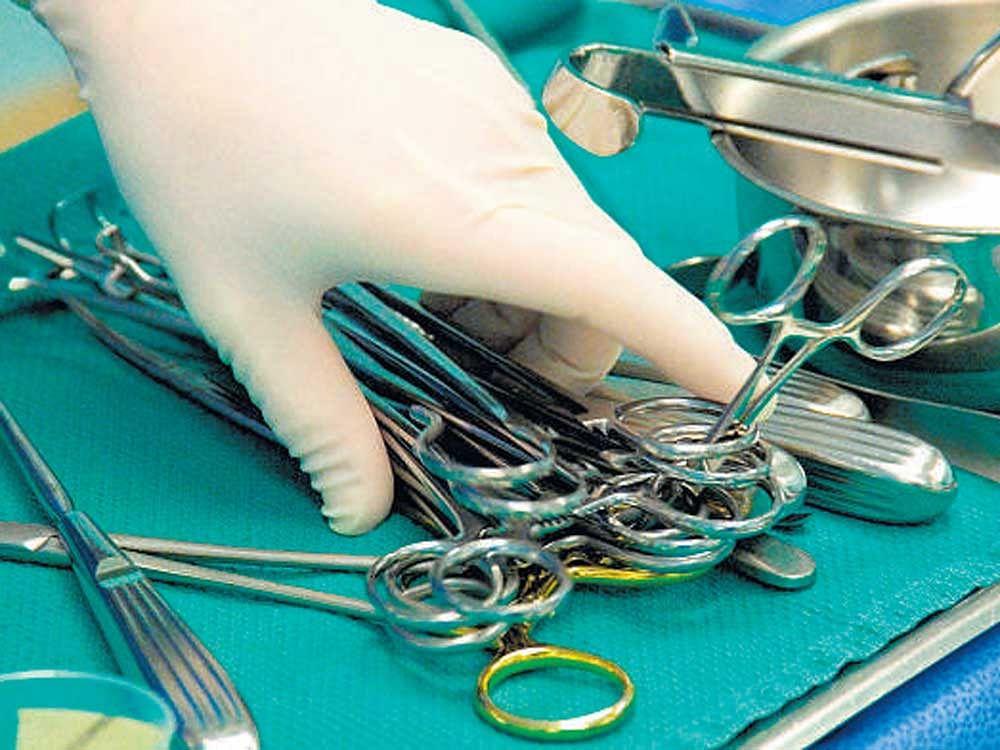Hysterectomy can be done in three ways — abdominal, vaginal and laparoscopic. Presently though there is no reliable data, a majority of these surgeries are abdominal hysterectomies. Hysterectomy is a major surgical procedure and thus is subject to all possible complications — anaesthetic, intraoperative, immediate post-operative as well as long-term. Intraoperative complications can lead to injuries to other major organs like urinary bladder, ureters, intestines and rectum.
Improper and/or wrong pre-operative diagnosis, as well as inadequate counselling before surgery, will result in many psycho-somatic and psycho-sexual problems lasting for many years. Younger the age of the woman at the time of surgery more the incidence of such complaints.
Very often, the operating surgeon does not spend enough time with the patient to explain why the surgery is needed, what is the procedure planned, what are the likely complications and how the post-operative period should be managed.
Because of this, many women develop anxiety, fear and loss of self-confidence after surgery but these issues are not dealt with satisfactorily by the health personnel. Hence, many women suffer from chronic abdominal pain, low backache, digestive and urinary complaints, body ache and other vague symptoms. Finally, all this leads to decrease in work efficiency, job absenteeism and loss of income.
Another largely neglected area is the issue of sexual activity after hysterectomy. Women are hardly ever counselled satisfactorily before or after surgery as to when they can resume their sexual relations after surgery, what problems they may encounter and how they can be solved. Again this results in women developing mild to severe psycho-sexual complaints. Not much attention is paid to this very important issue.
Women, especially those who are young, and their male partners go through a very harrowing time not knowing where to seek proper guidance for their fears and anxieties.
In the past, it was common to remove both the ovaries at the time of hysterectomy. This was done with the justification of avoiding occurrence of ovarian tumours and another surgery in the future. But now it is clearly known that ovaries continue their hormonal function well after menopause — natural or after hysterectomy — almost till the age of sixty.
Release of estrogen hormone from the ovaries up to late fifties has many protective effect on the health of skin, heart blood vessels and very importantly bones. Estrogen prevents or delays osteoporosis. Hence today more emphasis is laid on retaining the ovaries during hysterectomy. But again in the present scenario wherein hysterectomy is done unnecessarily, we have no data as to the incidence of removal of ovaries during a hysterectomy.
And if the woman is not properly counselled — as is usually the case in most of the instances — she will suffer from the negative consequences for the rest of her life.
